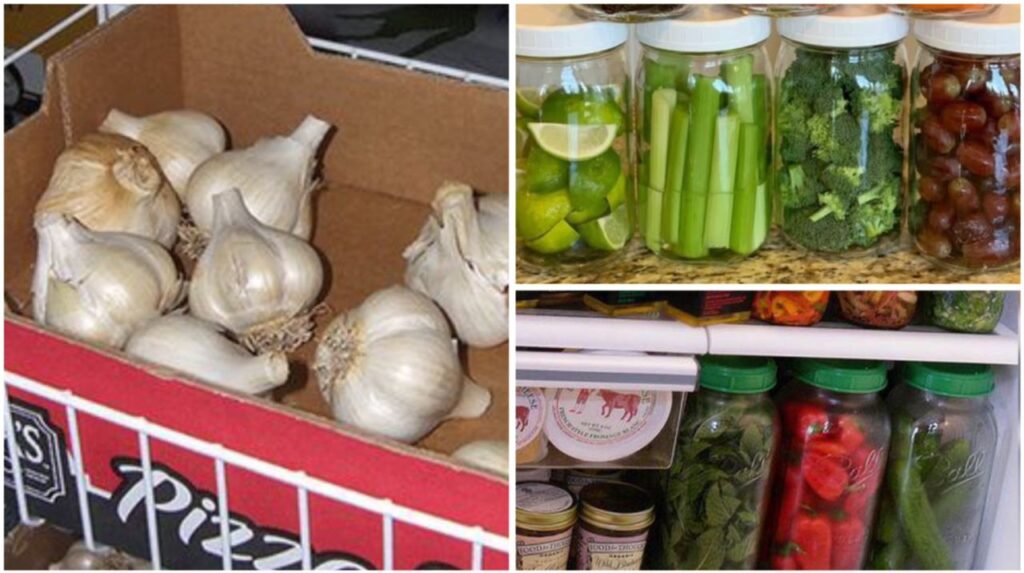If you want those crisp, fresh salads all day long, the key is using the right vegetable storage tips. By using these hacks, you can extend the lifespan of your veggies and reduce waste!
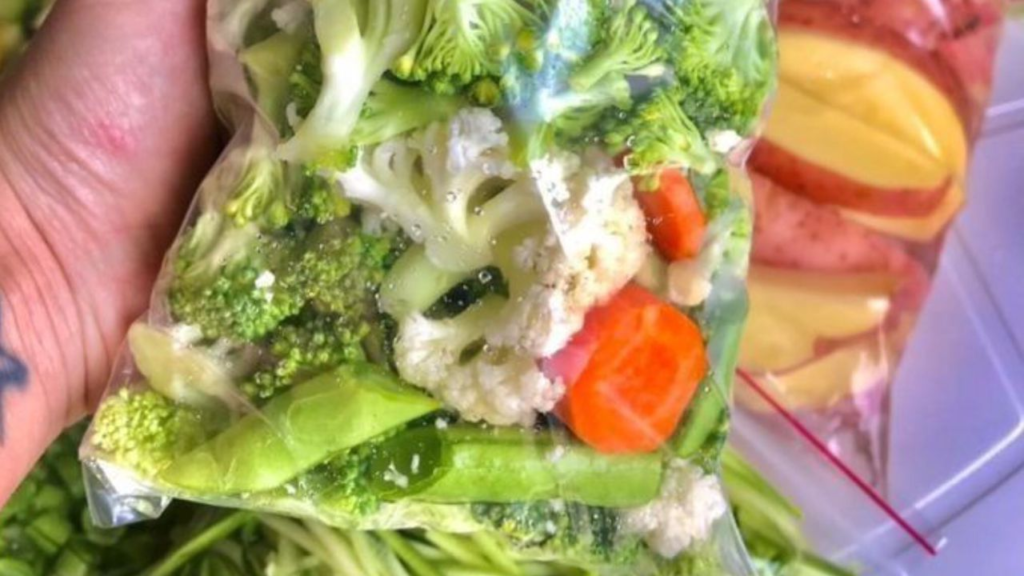
Source: Pinterest
So, if you want your veggies to last longer, you should understand how to store leafy greens, root vegetables, etc. In this guide, I’ll walk you through all the tips of preserving your veggies. Let’s dive right in!
1. Why Temperature Matters in Fruits and Vegetable Storage
Temperature is a big deal when it comes to vegetable storage tips. If you store your vegetables at the wrong temperature, they will spoil quickly and lose their flavor and nutrients.
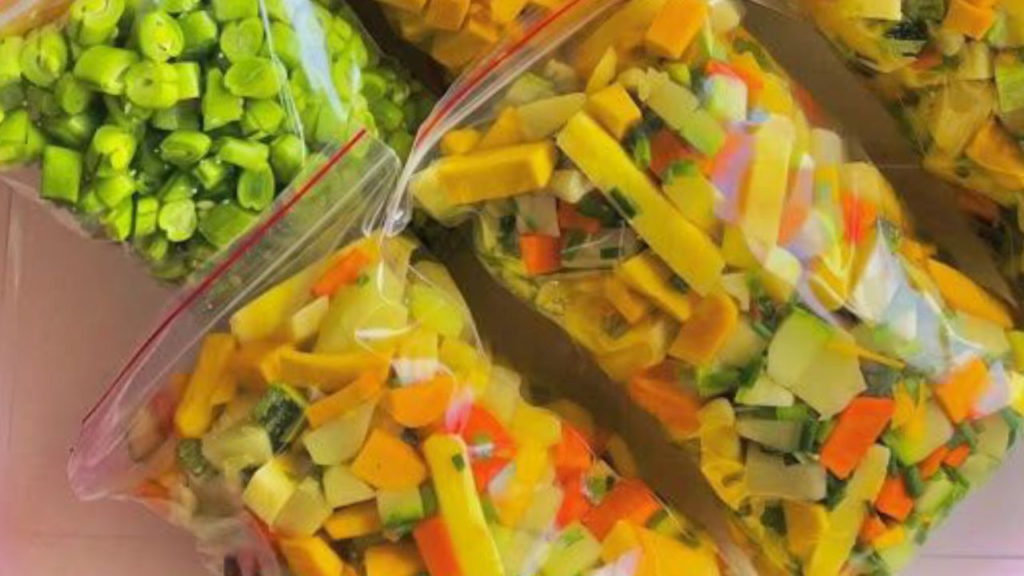
Source: Pinterest
However, some vegetables thrive in cooler temperatures while others do better at room temperature. So, it’s important to know which veggies thrive in cold or warm conditions to extend their lifespan.
2. Which Vegetable Has A Long Storage Life and How to Make it Last Longer
Are you wondering which vegetables can last a long time? Root vegetables like potatoes, onions, and carrots are great options. However, knowing which vegetables have a long storage span depends on how well you’ve stored them.
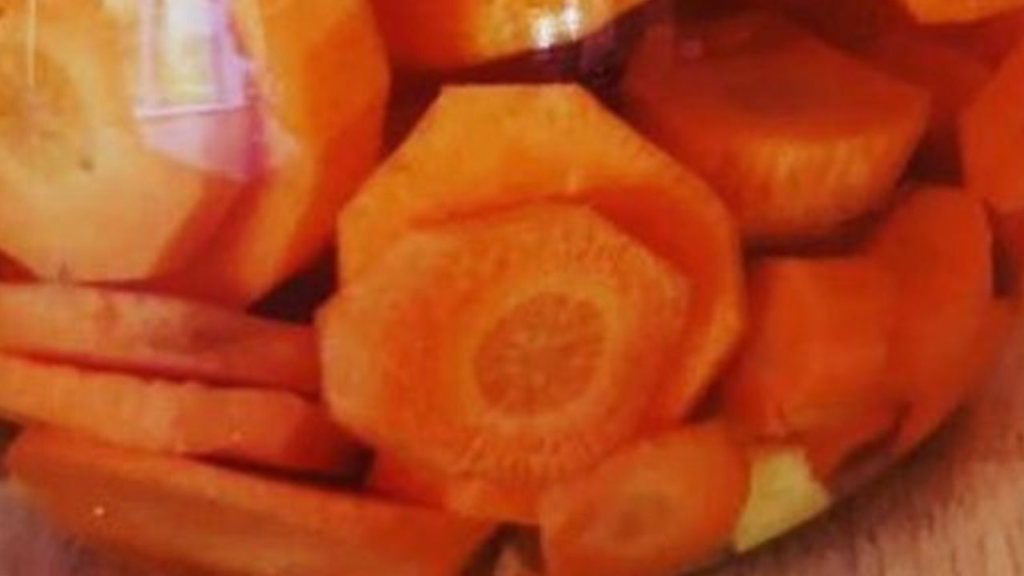
Source: Pinterest
For instance, if you’ve kept potatoes in a dark, cool place, you’ll prolong its lifespan. On the other hand, you should store onions in a dry, well-ventilated area to avoid sprouting or spoiling.
3. Store Leafy Greens with The Right Vegetable Storage Tips
If you have leafy greens like lettuce, spinach, and kale, you need to care for them, especially for long-lasting freshness. One of the best vegetable storage tips you can try is storing them in a fall paper towel inside a sealed plastic bag in the fridge.
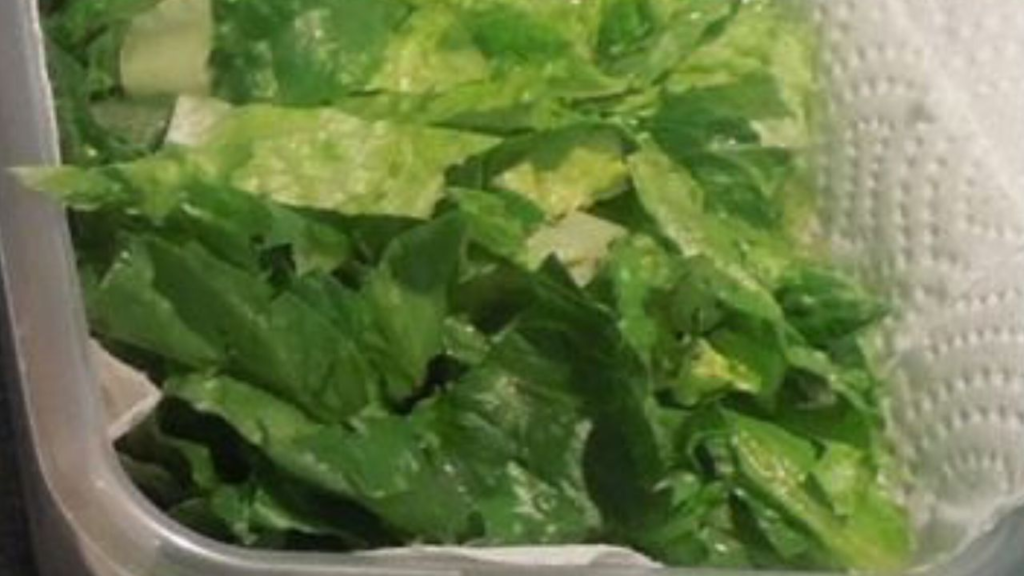
Source: Pinterest
Doing this retains moisture and prevents them from looking soggy. So, remove the spoiled leaves so that the rest of the greens don’t wilt faster.
4. Why You Should Never Wash Vegetables Before Storing Them
One of the most common mistakes you can make with fruits and vegetable storage tips is washing them before storage. Moisture increases spoilage, especially if it’s a vegetable like tomatoes and peppers.
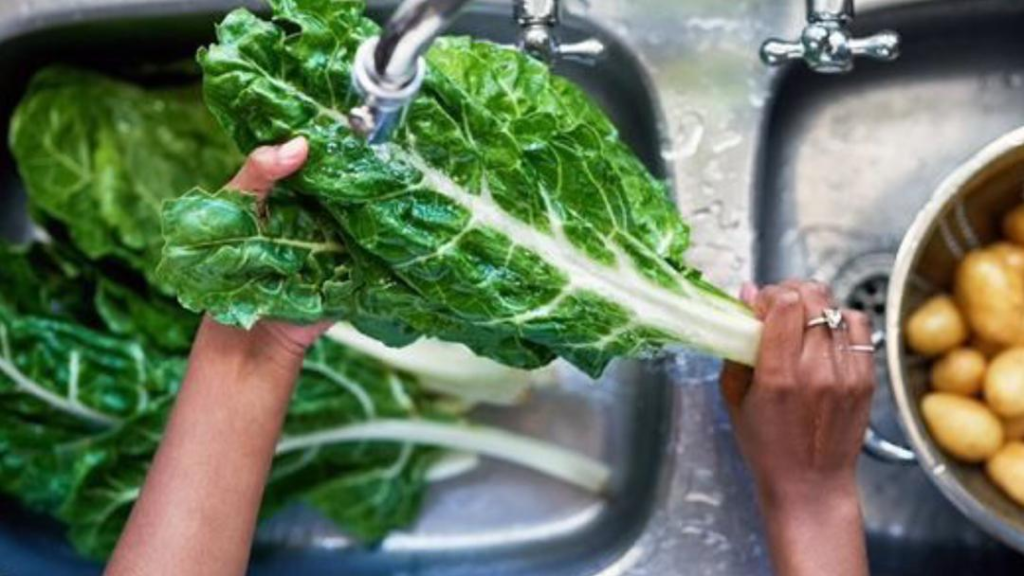
Source: Pinterest
So, if you want to keep the vegetables fresh for longer, we suggest washing them right before you’re ready to use them. Doing this reduces mold and increases their lifespan.
5. Understanding The Humidity Settings for Different Vegetables
Although many modern refrigerators have humidity settings, only a few people know how to use them. One important step in vegetable storage tips is using a high-humidity drawer for vegetables that wilt easily.
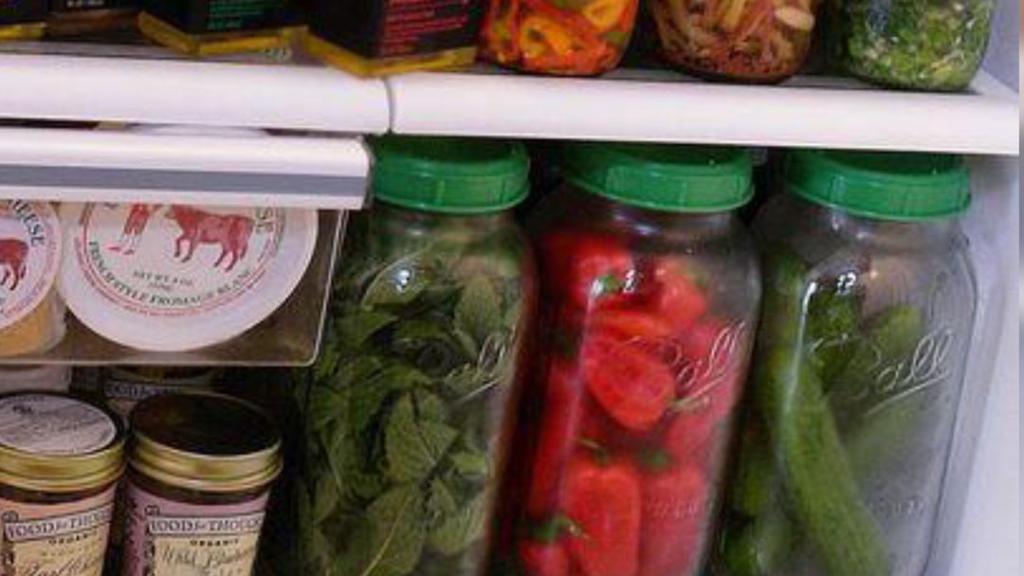
Source: Pinterest
Additionally, use a low-humidity drawer for vegetables that prefer dryer conditions like onions and garlic. By mastering humidity settings, you can make a huge difference in how long your produce will last.
6. Why Don’t All Vegetables Belong in the Fridge?
You may think that all vegetables belong in the fridge, but that’s not the case. Some veggies are better off outside. For example, you can keep tomatoes, garlic, and potatoes at room temperature to maintain their texture and flavor.
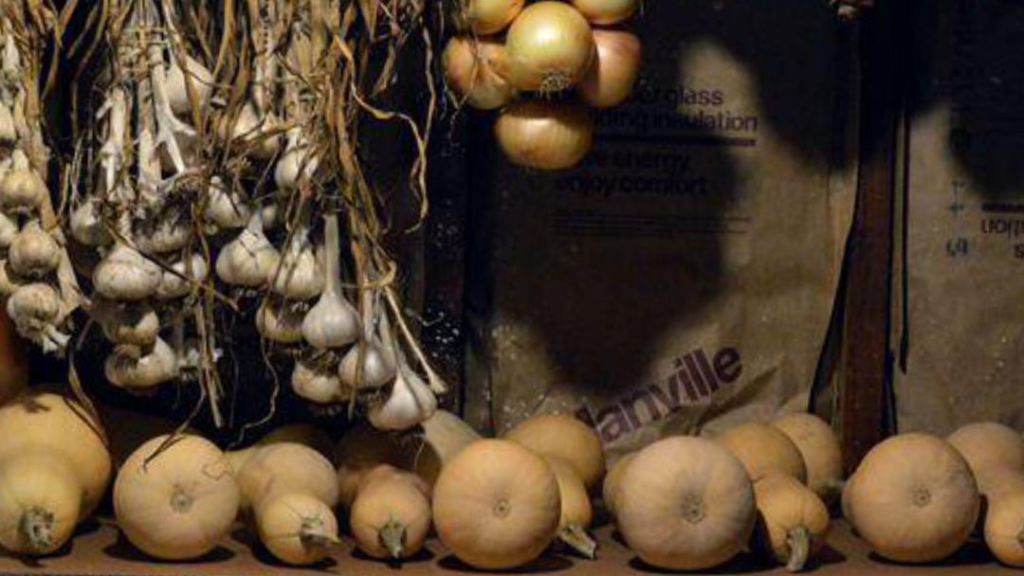
Source: Pinterest
However, if you store them in the fridge, they can become mealy or lose their natural sweetness. So, it’s best to keep them in a cool, dry place.
7. Use Airtight Containers for Vegetables that Need Extra Care
You should consider storing vegetables like cucumbers and bell peppers in airtight containers. One of the most helpful vegetable storage tips for these types of vegetables is keeping them in sealed containers.
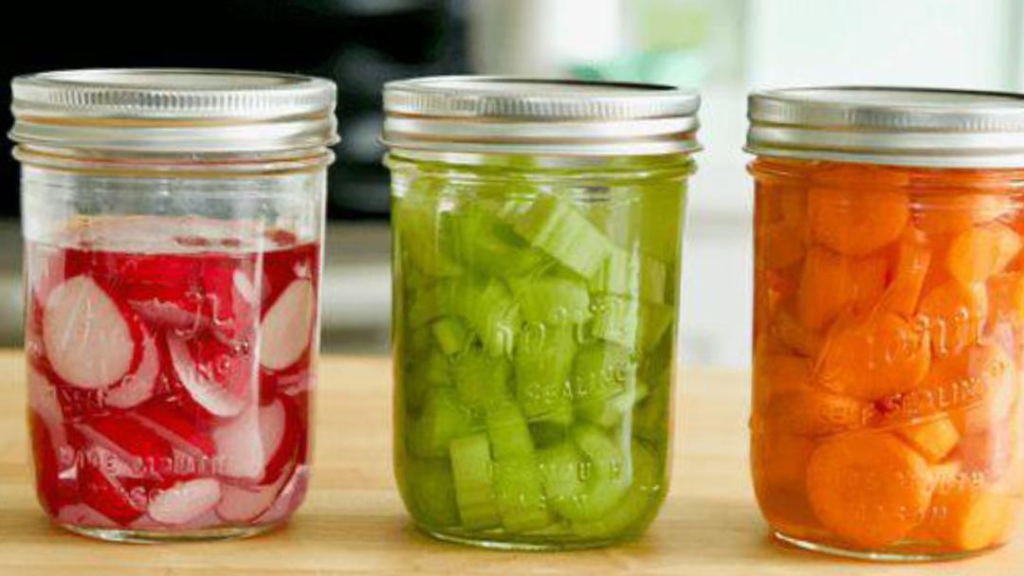
Source: Pinterest
When you do this, it prevents moisture from escaping, allowing them to maintain their crispness. You can also try this method if you want to keep your sliced vegetables fresh for longer.
8. How to Store Root Vegetables for Long-lasting Freshness
Beets, carrots, turnips, and other root vegetables have a long storage life if you keep them in the right conditions. So, if you want to store them properly, cut off the leafy tops before placing them in a cool and dark place.
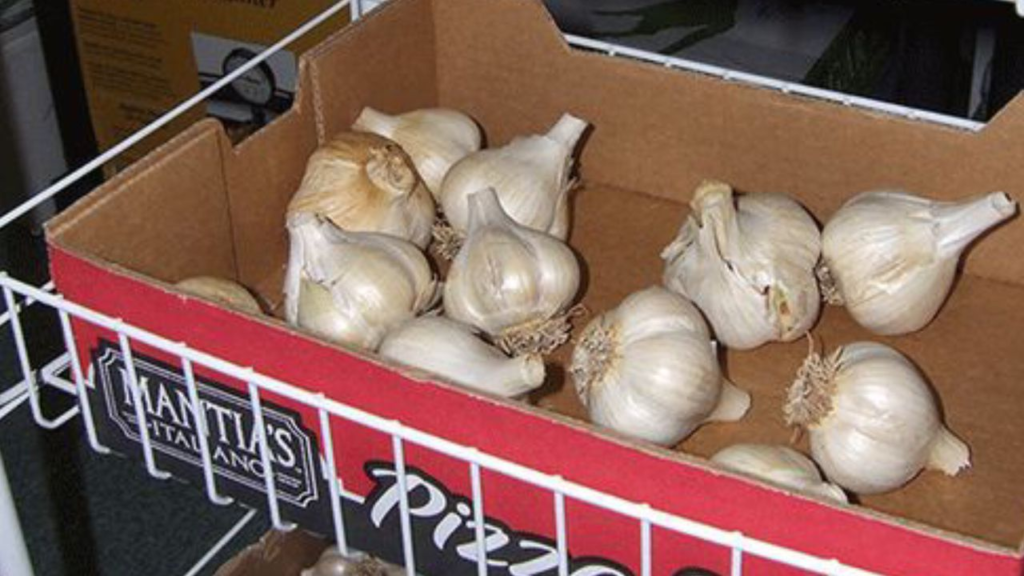
Source: Pinterest
Storing root vegetables in damp sand or sawdust can also help them retain their moisture and stay fresh for months without refrigeration.
9. Why Storing Fruits with Vegetables Can Shorten their Lifespan
One of the most overlooked fruit and vegetable storage tips is keeping them separate. Some fruits, like apples and bananas, release ethylene gas, causing nearby vegetables to ripen and spoil faster.
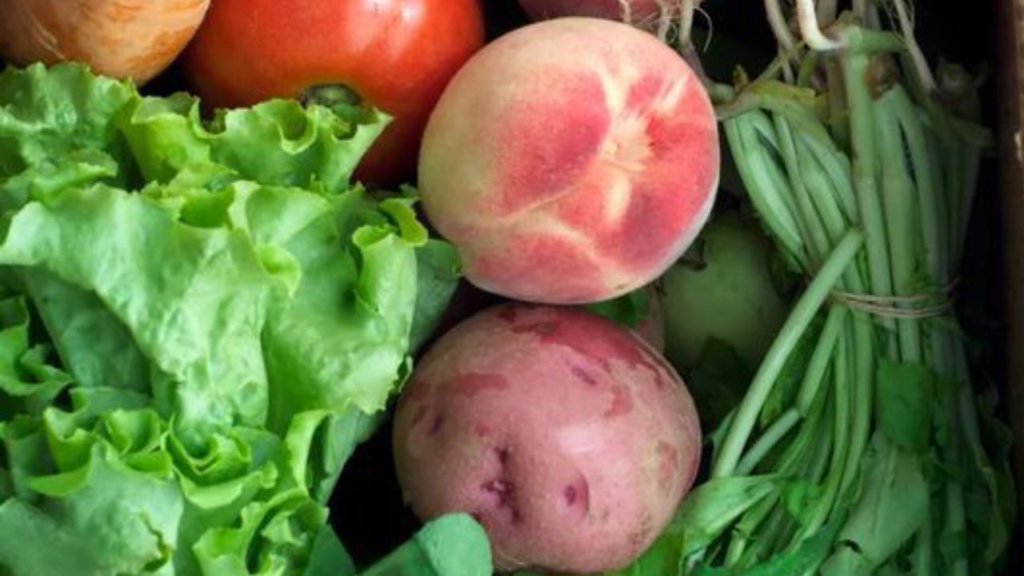
Source: Pinterest
So, to avoid this, store your fruits and vegetables in different compartments or bags. This will prevent them from negatively affecting each other’s freshness.
10. Which Vegetables Have The Longest Storage Life and How to Make Them Last
Vegetables like potatoes, onions, and squats are generally known to last a long time. To get the best results, keep them in a cool, dark, and dry condition. You’ll be surprised that they’ll stay fresh for weeks and months.
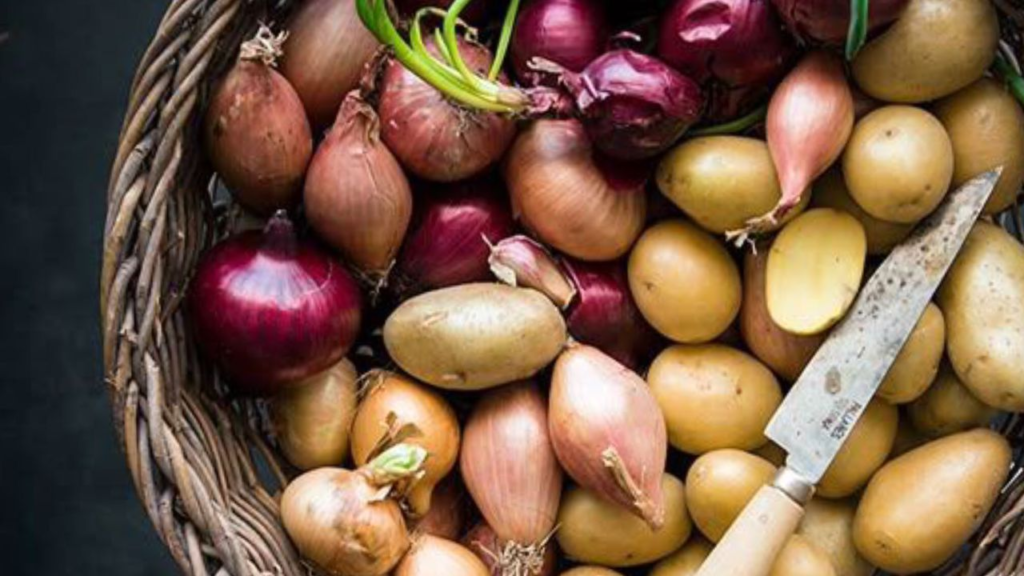
Source: Pinterest
Follow these tips if you want to prevent moisture buildup, as it will help prolong the shelf-life of your vegetables.
Maximize Freshness with These Vegetable Storage Hacks
Now that you’ve learned the essential vegetable storage tips, you can confidently extend the life of your produce and keep your kitchen waste-free.
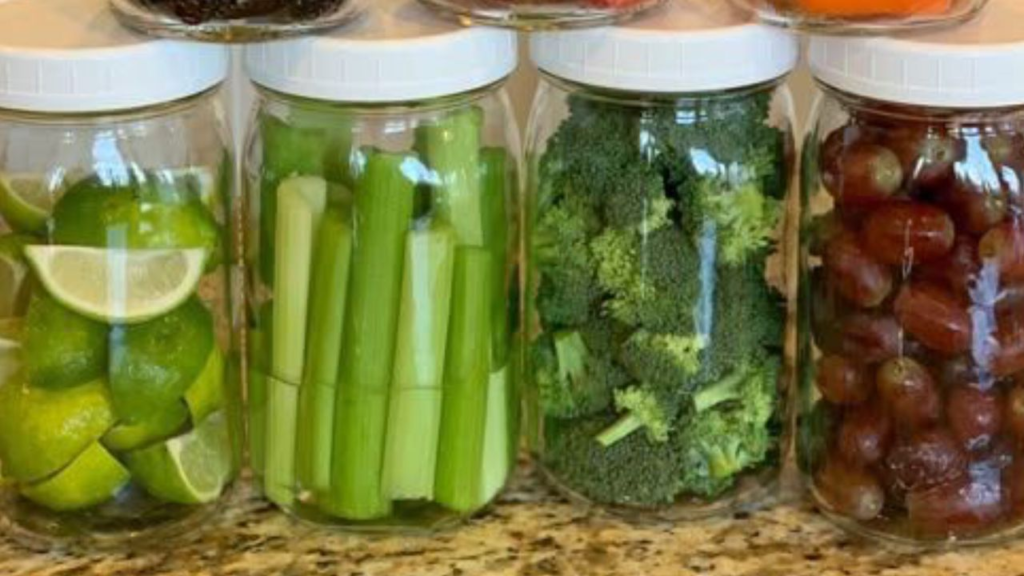
Source: Pinterest
By knowing which vegetables have a long storage life and following simple guidelines like proper humidity levels and freezing techniques, you’re well on your way to preserving freshness. So, try these hacks today and thank us later!
